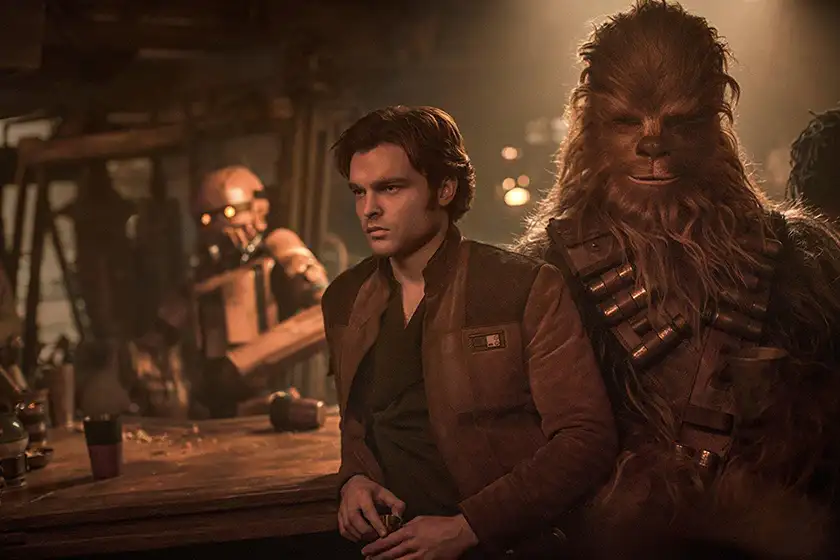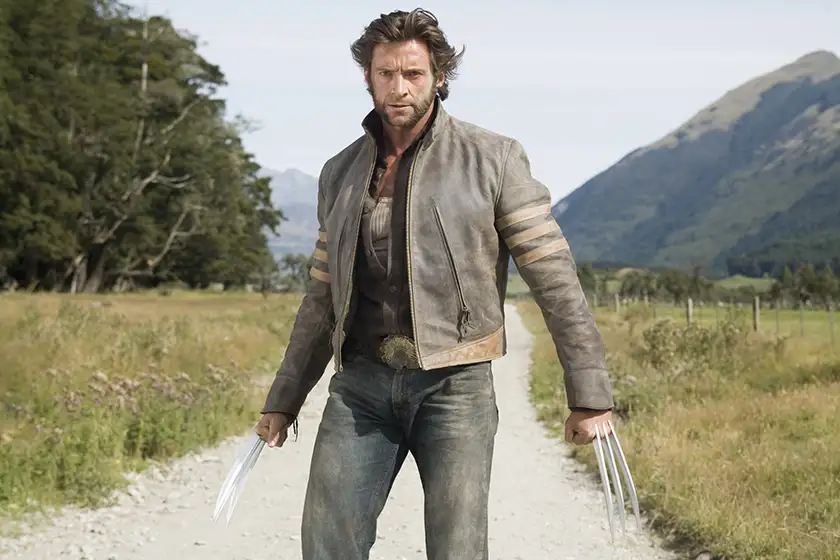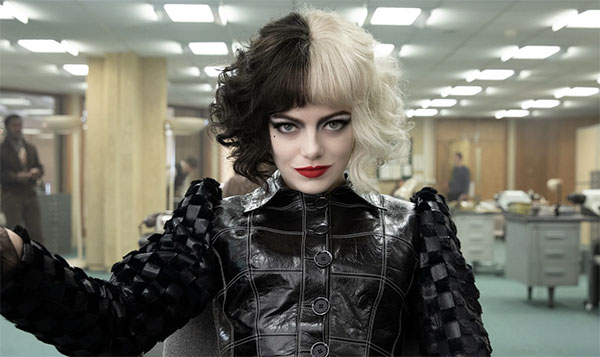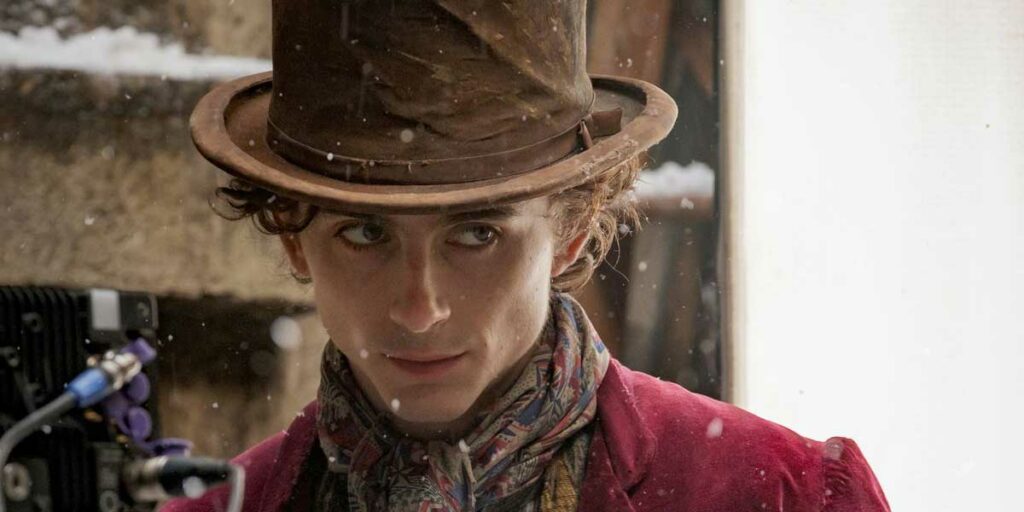One of Hollywood’s most cynical practices nowadays is the “origin story” film. Here’s an exploration of why these movies exist and what their core problem is.
It feels like every few weeks, the same event occurs. A news story is shared on social media, announcing that a brand-new spin-off film set to explore the origins of a random popular character has entered production, causing hundreds of users to respond with one simple question, “Who asked for this?”. It’s a fair query to have, because honestly, who exactly is asking for all of these over-explanatory, overtly cynical “origin story” movies that keep being made? Time after time, films like Cruella (2021), Solo: A Star Wars Story (2018) and most recently, Wonka (2023), make their way into cinemas and so often audiences seem to respond to these premises with a shrug, yet these movies keep being made. So, I wanted to take some time to explore the world of “origin story” movies, what’s got us to this point where there seems to be a new one released every few months, and what exactly my problem with them is.
WHAT IS AN “ORIGIN STORY” MOVIE?

Let’s start off by first defining what exactly it is that we’re talking about when we refer to “origin story” movies. Simply put, they’re a type of spin-off where they take a pre-established character and show you how that character came to be, how they got to be the person we know them to be. In Wonka, the titular chocolate maker from the beloved Roald Dahl book “Charlie and the Chocolate Factory” (Timothée Chalamet) starts off as a naive and ambitious aspiring shop-owner, by the end of the film he owns a fully-blown chocolate-making factory. In Joker (2019), Arthur Fleck starts off as a fledgling comedian, and by the end he’s, well, the Joker.
Of course there’s a difference between what we’re talking about here and a movie featuring an origin story. Most superhero flicks feature an origin – take Spider-Man (2002), for instance – but these films are typically far more cynical in nature. In Spider-Man, the origin is in service of a bigger story, while in something like Solo: A Star Wars Story, the origin story is the film, outside of that, there’s nothing really there. It’s not a piece of art born from an interesting idea or premise, it instead just feels like a cash-grab, 2 hours of cinema designed purely to make you go “oh, that explains that, I guess”, and very little else.
There’s a scene in Cruella that explains the titular villain’s hatred of Dalmatians by having the dogs quite literally kill her mother, and it’s a scene that’s so obviously written to try and explain something that never needed to be explained that I can’t help but cringe at it. Similarly, in Solo: A Star Wars Story, we get a long-winded explanation for why exactly Han Solo (Alden Ehrenreich) has his last name, something that I’m sure no person came out of the original Star Wars (1977) wondering about. That’s the fundamental problem with these premises and thus these films as a whole: they’re dedicated to explaining details basically nobody cares about, rendering their existences mostly pointless.
WHAT STARTED THIS TREND?

If I had to point to any film franchise as the “culprit” for this new sub-genre, it would have to be X-Men. In 2009, they gave us X-Men Origins: Wolverine, which as you can tell by the title, focused on the origins of the iconic Wolverine (Hugh Jackman). Reception to the film wasn’t particularly great, and plans to start a whole series of prequels, with the next one focusing on Magneto, eventually fell through. Still though, the desire to make more pre quels was still there, and in 2011, X-Men: First Class was released, which this time served as an explanation for how the X-Men as a whole came to be.
The success of First Class led to a whole new series of films set in the X-Men’s past, and helped show studios just how interested audiences were in seeing the origins of characters they were already familiar with. Films like Puss in Boots (2011) and Minions (2015) helped solidify this desire, and before we knew it, we were suddenly getting countless “origin stories” for all sorts of recognisable icons. For a studio executive, it feels like an obvious move: if you know audiences like a certain character, why not greenlight a film with that character’s name as the title and their face plastered all over the marketing? That’s a sure-fire win, and for the most part, it has worked tremendously. As much as audiences seem to recoil to the announcements of these projects, they do turn up to them. Look at something like Joker, which made over $1 billion on a relatively small budget of $55-70 million.
MY PROBLEM WITH “ORIGIN STORY” MOVIES

So, now we know how this trend got started, and why exactly these movies keep being made. The question now becomes, then, why am I even talking about this at all? Well, if I’m being honest, I think it might just be the most creatively bankrupt trend in the film industry right now, and that’s almost entirely to do with the restrictive nature of their premises. There’s a strange disconnect from the get-go, the events in these films have to be important enough that the audience cares, but can’t be too important so that it makes sense why we’ve never heard about them before. They can’t push the central character in an interesting new direction, because they have to end the film with them being as close to the version we know as possible.
Sometimes this results in films like Wonka, where it feels like Willy Wonka frequently has to take a back-seat to other, less interesting characters just because they’re free to have an arc of their own. Or it means that the only things these films can do is dedicate their running time to explaining insignificant details, or throwing in easter eggs specifically to please fans of the franchise. Nine times out of ten, they’re products first, and pieces of art second, which is a shame when they feel so common nowadays. All I ask for is that if we’re going to keep getting these kinds of films, studios start putting more thought into them than just “let’s throw in a few references and explain how they got their name”. There are far more interesting ways to expand what we know about a character, or perhaps we can put them in an exciting new scenario and see what happens. I just want a bit more creativity, and a bit less cynicism.
Wonka is out now on streaming platforms.

